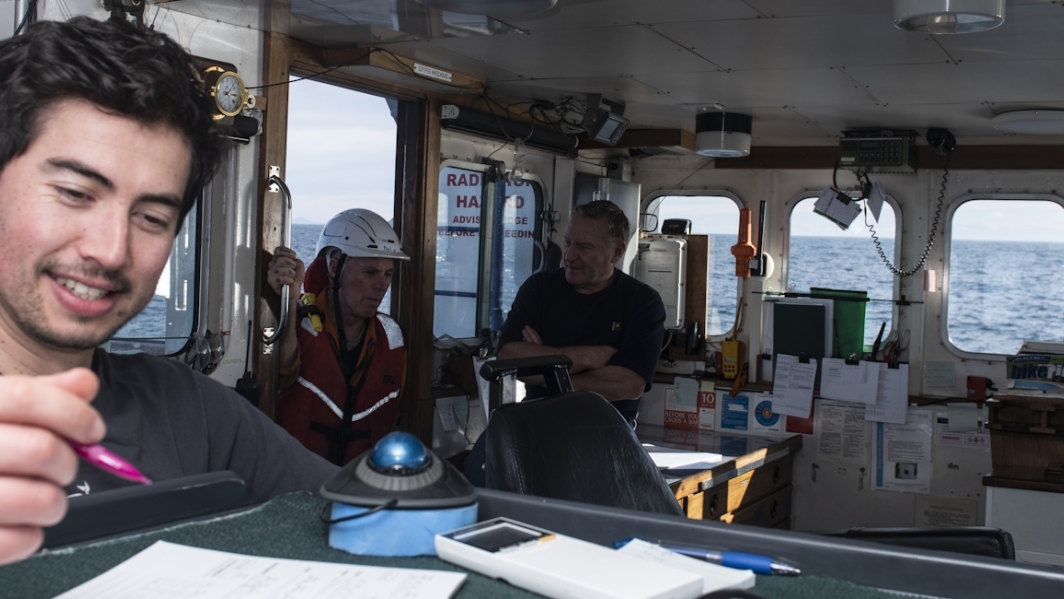-
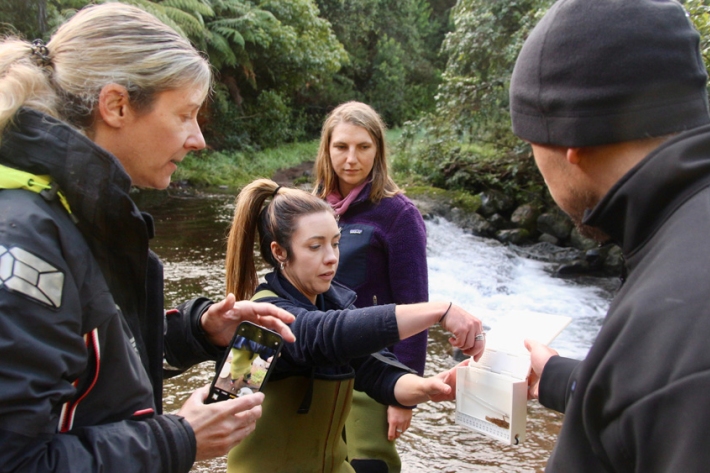
NIWA’s freshwater ecologists helping regional councils remove the barriers to fish migration
News article21 June 2023About 76 per cent of indigenous freshwater fish species, that’s 39 out of 54, are threatened with extinction or at risk of becoming threatened. -
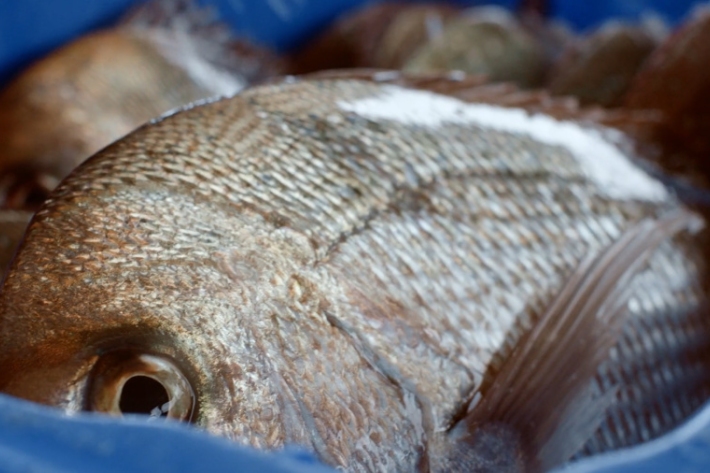
Open wide: snapper teeth secrets
News article12 May 2023NIWA and University of Auckland masters student Georgia Third is getting up close and personal with snapper guts and teeth to understand the differences between biologically distinct snapper populations in New Zealand. -
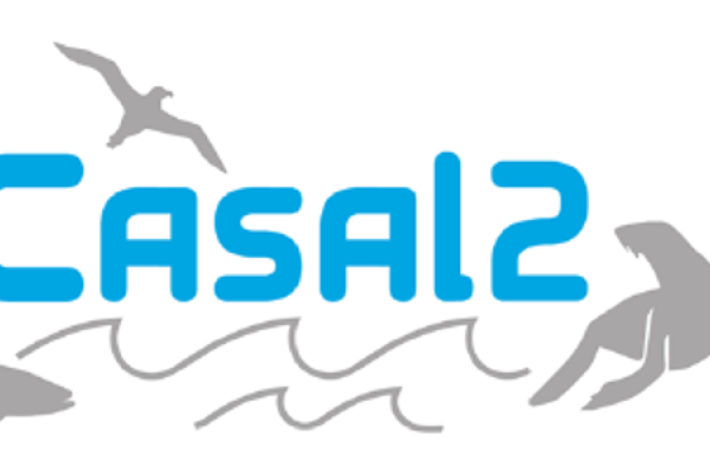
Population modelling software Casal 2
Software Tool/ResourceCasal2 is an advanced software package developed by NIWA for modelling the population dynamics of marine species. -
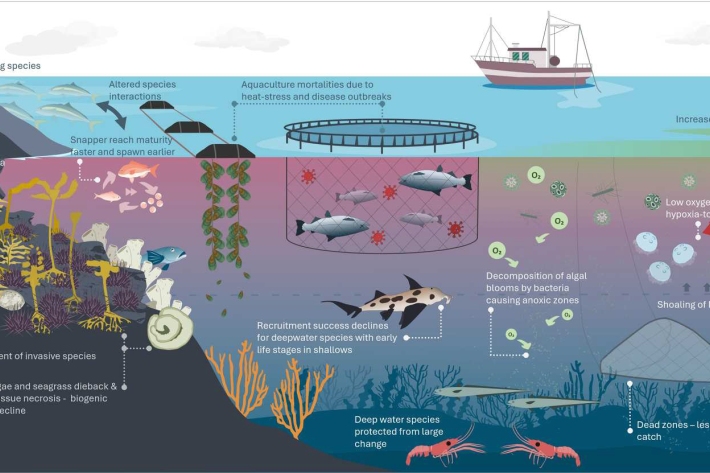
Fisheries & ecosystems
NIWA is determining the impact of fisheries on the aquatic environment. This will inform an ecosystem-based approach to fisheries management and the development methods to mitigate this impact. -
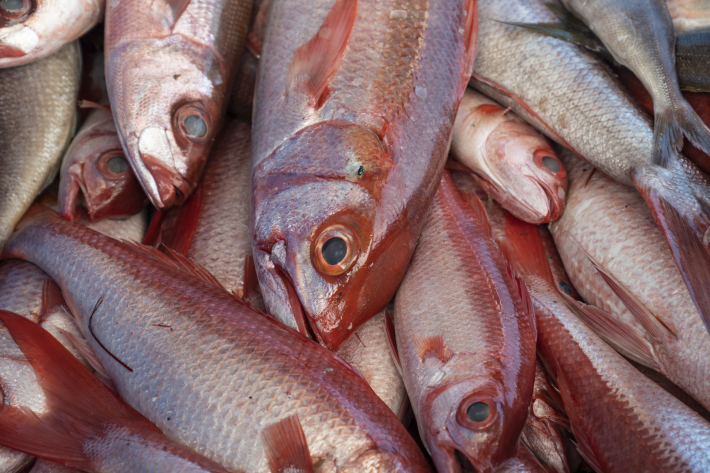
International fisheries
NIWA aims to develop and apply standardised methodologies to monitor and assess international fisheries outside the New Zealand EEZ and determine the environmental effects of fishing in these areas. -
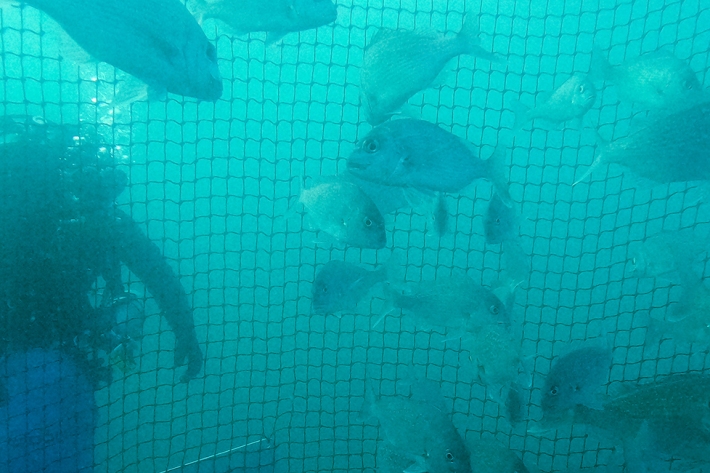
Fisheries stock assessments
ServiceTo get the most benefit from a fish stock in the long term, we need to maximise our yield without damaging the fish population we rely on. -
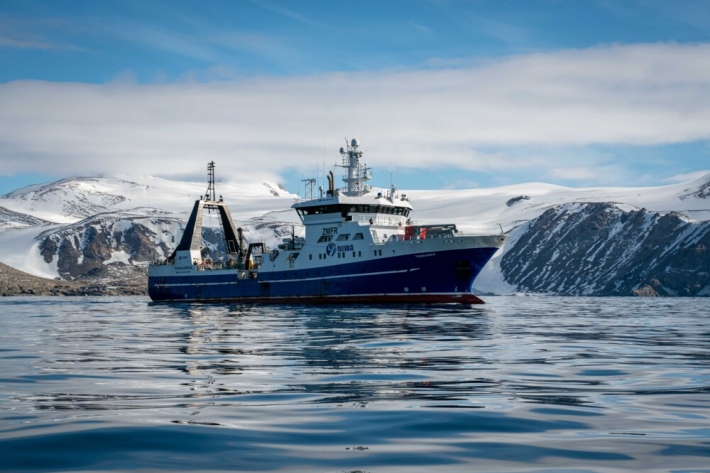
Researchers to unveil Antarctic secrets
Media release11 January 2023As New Zealanders search for the summer sun, 38 researchers and crew will board RV Tangaroa tomorrow for a six-week science voyage deep into the waters of Antarctica. -
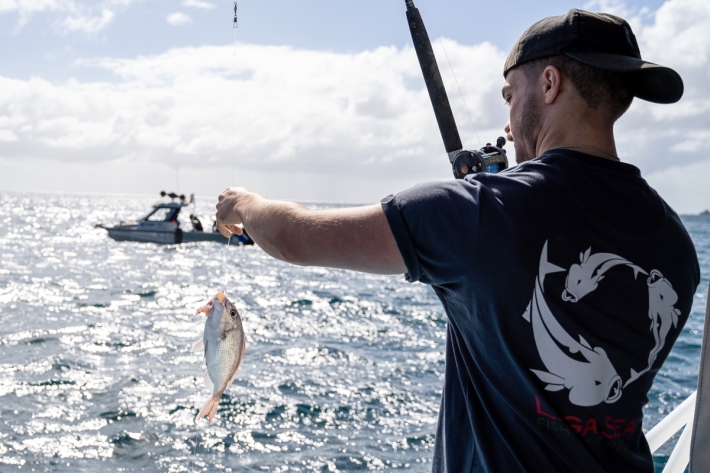
New research indicates careful fish handling helps support sustainable fisheries
News article14 December 2022Initial data suggests careful handling of released snapper could help fishers save thousands of fish annually. -
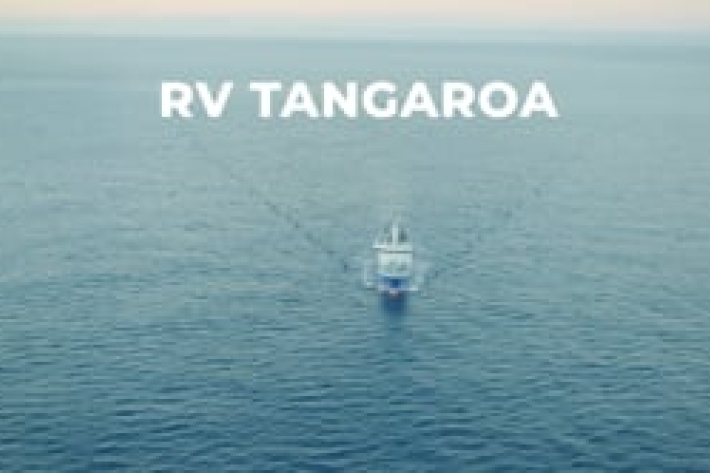
RV Tangaroa: New Zealand’s world-class research vessel
NIWA proudly owns and operates RV Tangaroa, a 70 m Ice Class scientific platform. -
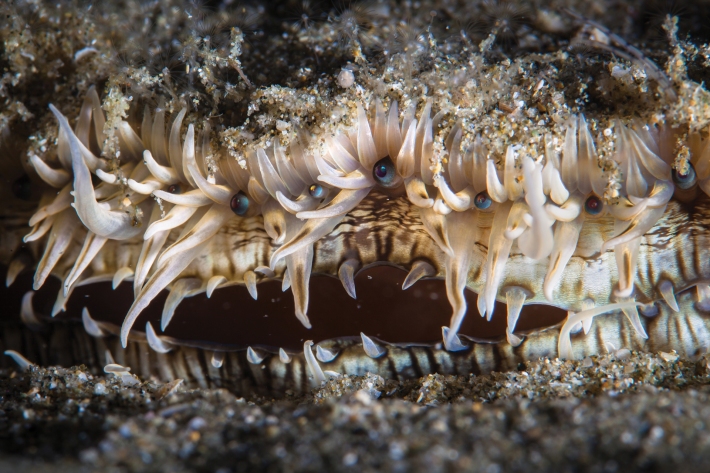
Going easy on the scallops
Feature story31 May 2022From scallop beds to trawl nets, a little bit of data science can make a big difference. Melissa Bray explains. -
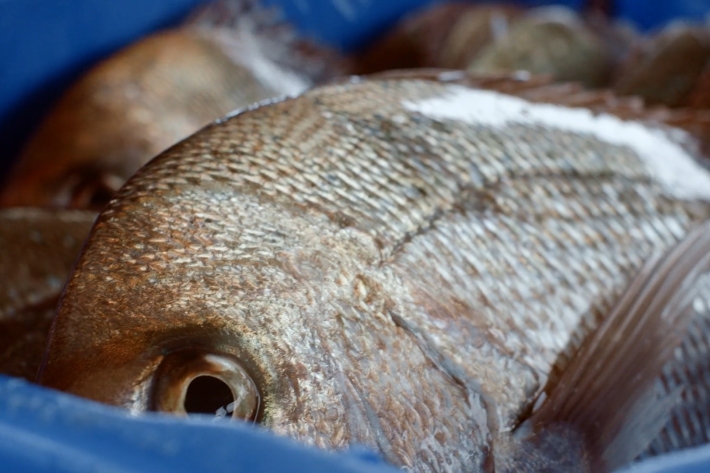
What’s in a fish’s ear?
Feature story31 May 2022The tiny ear bone of a fish holds a wealth of information. Gather enough and you get a snapshot of what’s happening beneath the waves. Stuart Mackay explains. -
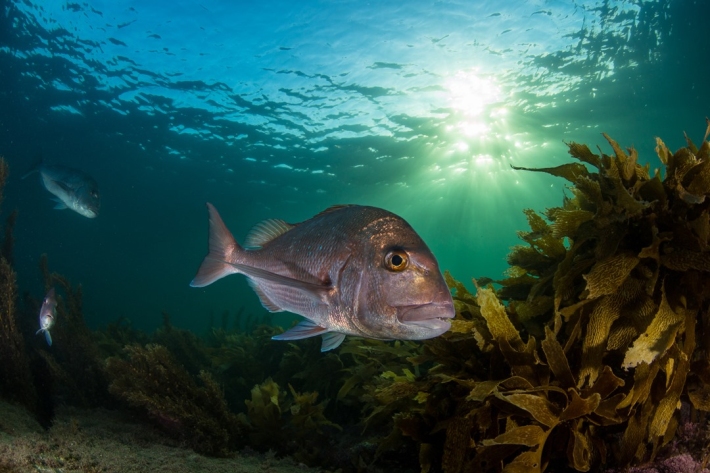
Snapped! Tag reveals fish’s 20-year history
Media release31 May 2022A fish has been caught in the same location that it was tagged, nearly 20 years ago to the day.

